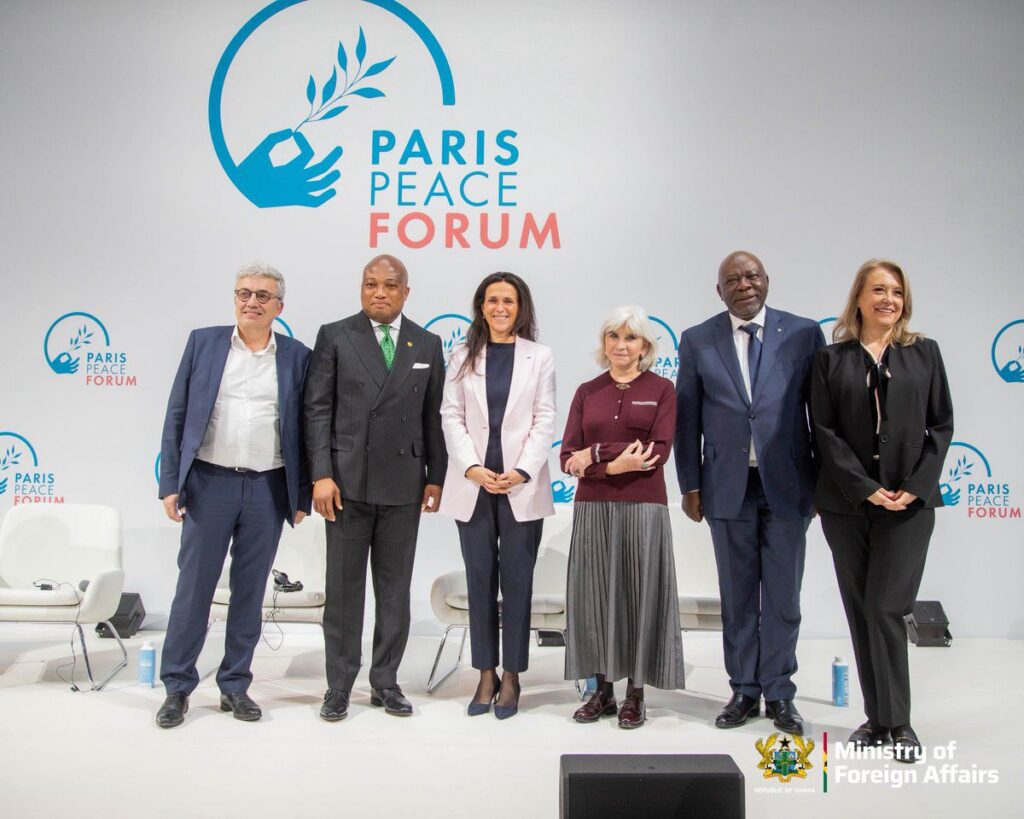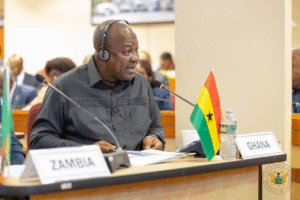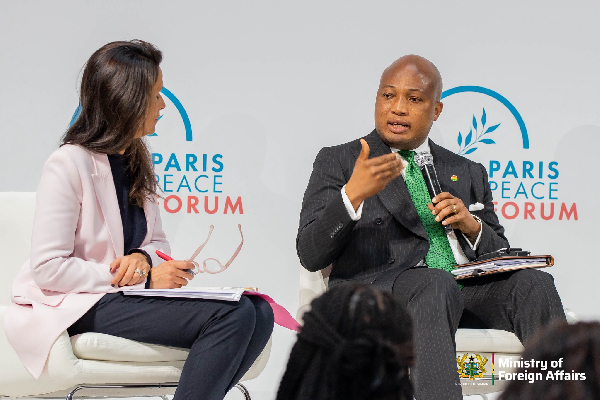Ghana is on the cusp of achieving near-universal electricity coverage, with government officials now setting their sights on reaching 100% electrification by 2030. Key stakeholders led by Member of Parliament Samuel Ablakwa have announced plans aligning with this target, highlighting deepening investments in rural electrification, mini-grids, and off-grid renewables.
Current data show that Ghana has already achieved approximately 90% national electricity coverage, a significant milestone in the country’s energy access journey. While urban centres now boast close to full connectivity, rural and remote communities still account for the largest share of the electricity access gap. Analysts estimate that around 3.7 million Ghanaians, or roughly 11% of the population, remain without reliable power supplies.
Ablakwa’s statement emphasises that the completion of Ghana’s electricity access journey hinges not only on extending the grid but also on deploying solar mini-grids, off-grid solutions, and increased investment in renewables. Ghana has already backed the World Bank-led Mission 300 initiative, joining other African nations in pledging to scale energy access and infrastructure ahead of 2030.

One pivotal project highlighted in this roadmap is the $86 million solar mini-grid and net-metering initiative designed for island and island-like communities in the Sene East, Oti and Savannah Regions. The scheme aims to bring electricity to roughly 84,000 residents across 59 island settlements, addressing pockets of energy exclusion that push the national access figure down.
In tandem with infrastructure deployment, the government is pursuing an Energy Transition Framework and has announced more than $3.4 billion in renewable-energy investment opportunities to support this electrification push. The initiatives aim to raise the renewable portion of Ghana’s generation mix from its current modest levels to around 10-15% by 2030.
Ablakwa cited the overarching goal this way: Ghana must not only light every home but also ensure that service is reliable, affordable and inclusive. “Electricity access is fundamental to job creation, industrialisation and closing the urban-rural development divide,” he said, noting that the final push to 100% will require strong public-private partnerships, regulatory reforms and sustained infrastructure deployment.
Despite the progress, significant challenges remain. Off-grid areas often face issues of terrain, low population density, and limited commercial viability for traditional grid connections. Transmission and distribution losses, ageing infrastructure and tariff distortions continue to weigh on the sector. A 2024 policy brief from the International Growth Centre flagged these structural weaknesses and warned that without reforms, universal access goals may be delayed.
Moreover, the “last mile” of electrification tends to be the most costly and difficult. Rural electrification programmes will need to focus on mini-grids, solar home systems and other decentralised models to complement grid extension. The $86 million island-grid project serves as a proof-point for this strategy.

Funding is being arranged through a mix of states, development finance institutions and private capital. Ghana’s endorsement of the Mission 300 compact reflects this blended-finance approach and aims to mobilise reforms that reduce the cost of connections and encourage utility investment.
To steer the rollout, the Ministry of Energy and Green Transition has signalled increased focus on remote area pilot projects, grid-infrastructure upgrades and regulatory incentives for mini-grid operators. Enhancing the operation of the national utility companies and reducing technical and commercial losses remain critical.
The societal implications are broad. Universal electricity lays the foundation for improved health care, education, digitalisation, agro-processing and modern living standards, particularly in Ghana’s rural north and island communities. Ablakwa underscored this aspect, saying, “Lighting a classroom, powering a clinic or enabling a small enterprise in a remote village is part of the country’s modernisation and inclusion agenda.”
In summary, Ghana’s stated ambition to achieve 100% electricity coverage by 2030 reflects a policy-driven commitment backed by investment plans and international frameworks. While reaching 90% is a noteworthy achievement, the remaining gap is real and demands focused action. If the grid is expanded, off-grid solutions deployed, and reforms executed, Ghana could become one of the first sub-Saharan African countries to reach universal electricity access.

